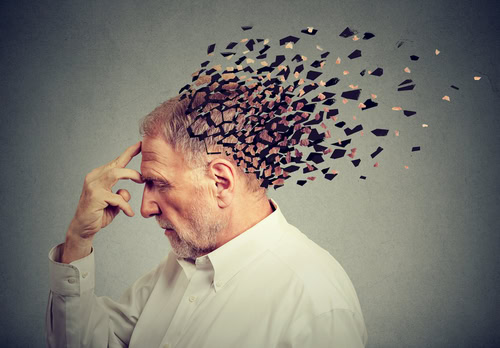Mental Health vs. Mental Illness

When you become sick in any way, your body stops functioning properly. You might contract a disease or develop a disorder. You become physically ill. You become sick. You would not necessarily say “I am physically sick” or say “I have physical health issues”. There is little to no shame and stigma regarding physical illnesses; at least, not in the same way mental health is regarded. Physical illnesses affect your capacity to perform all the physical functions you need on a daily basis. Likewise, mental illness impairs your ability to perform all the mental functions you need to fully thrive in your daily life. Just as a physical illness might not be a life-threatening issue, a mental illness might not be a life-threatening issue. A bruise differs from a broken bone- a mood disorder differs from a psychiatric disorder.
As Metro points out, “Mental health is something everyone has to look after and be aware of.” Mental health is the same as physical health: everyone has it and everyone has to take care of it. Until recent years, taking care of mental health has taken a back burner to taking care of physical health. Just like we are encouraged to manage our weight, our cholesterol, our external health like our skin as well as our internal health with all of our organs, we need to take care of our mental health. Metro explains that your mental health is “…your wellbeing: your emotions, your thoughts, your stress levels, all the stuff that goes on in our minds on a daily basis.” Everyone has mental health and everyone needs to take care of their mental health. Some people, though recent research has suggested most people, will experience mental illness in their lifetime.
Whether you have a mental illness or not, you still have to cope with, as well as take care of, your mental health. Too often people disregard their physical health until their physical health is threatened in some way. Similarly, people can disregard their mental health until an illness has stemmed out of their control. Keeping tabs on mental health is as important as maintaining physical health. Once a mental illness or signs of a mental illness arise it is critical to treat a mental illness. Since mental illness and physical illness are not always valued the same way, people will spend years ignoring the signs of a mental illness.
If you believe you may be experiencing the symptoms of a mental illness and feel your suffering has stemmed beyond your control, now is the time to reach out and ask for help. O’Connor Professional Group offers concierge style behavioral health services. Your needs for treatment are unique and deserve a completely customized treatment plan. Call us today to schedule a consultation and begin your path to recovery: 617.910.3940
